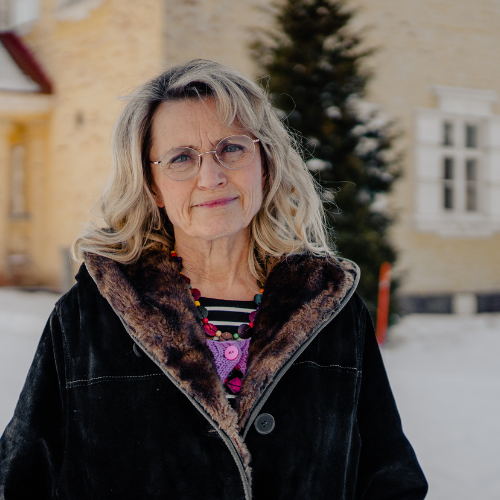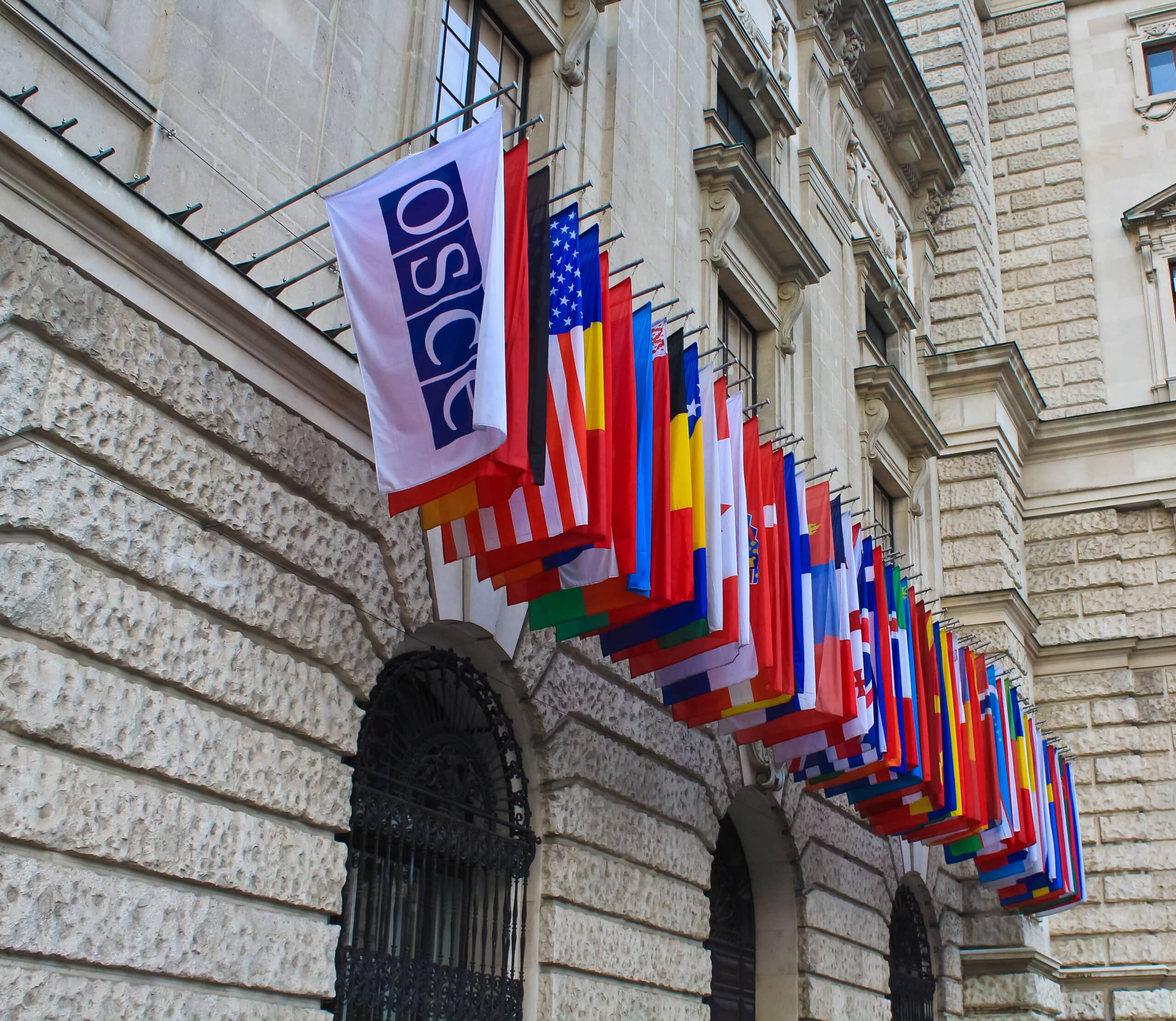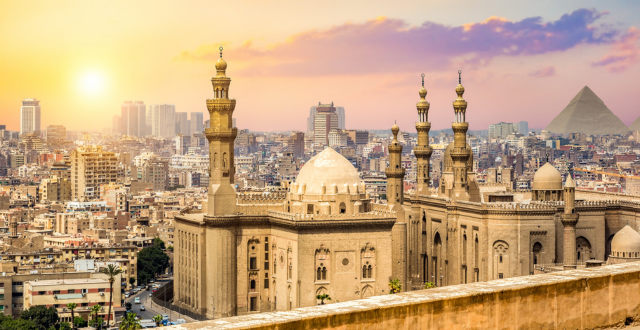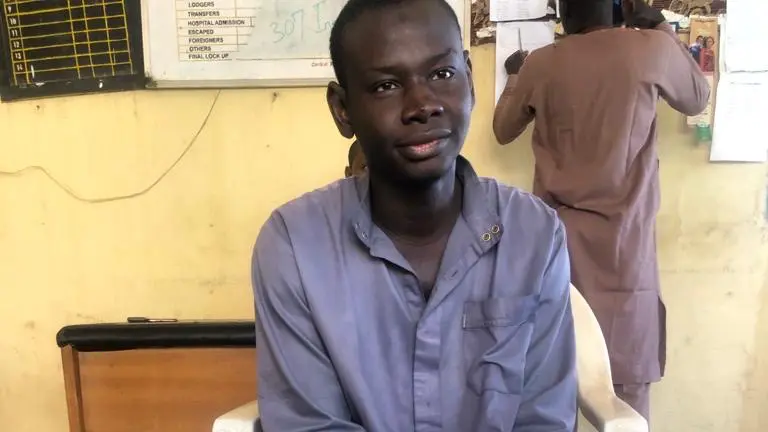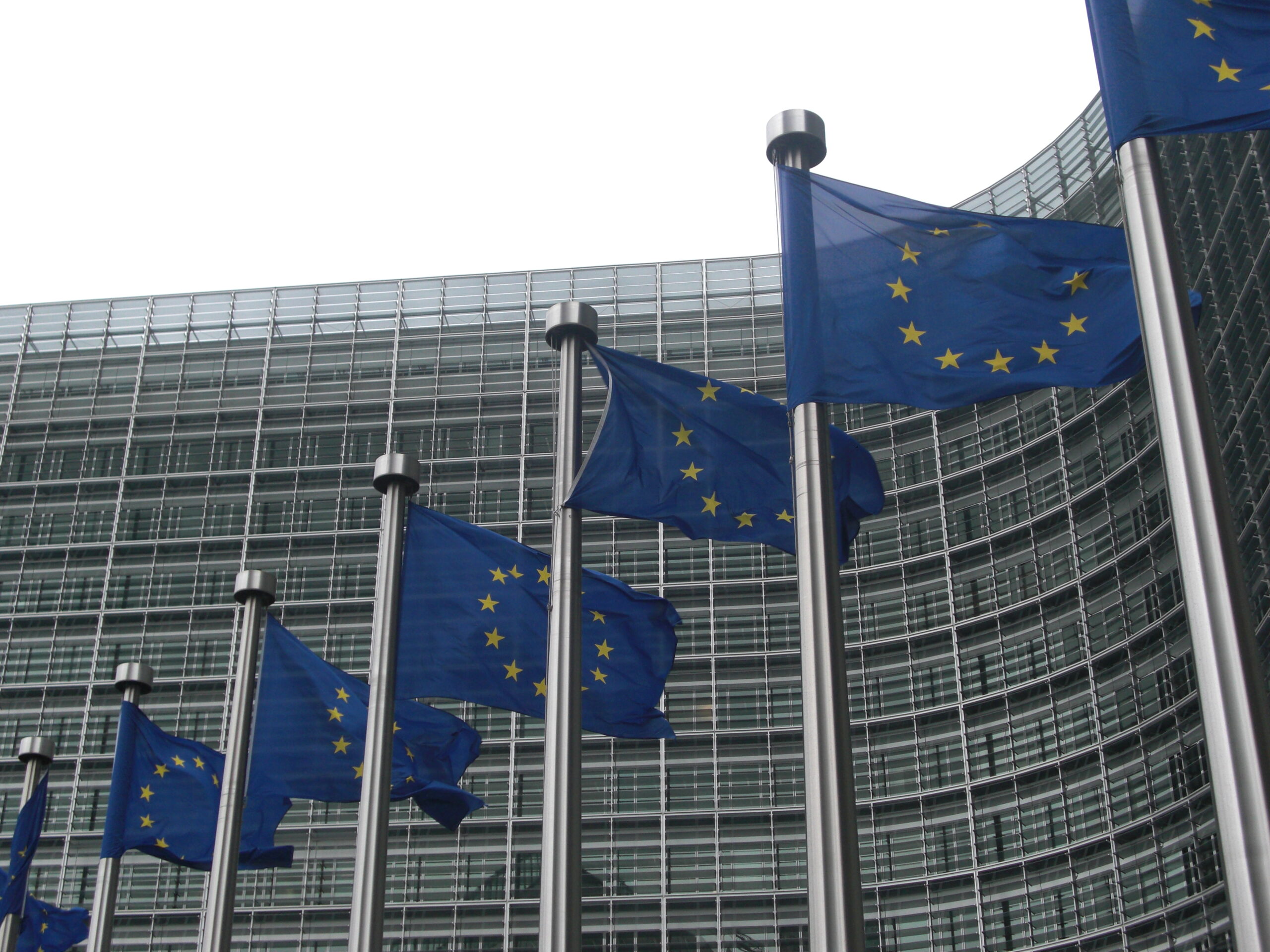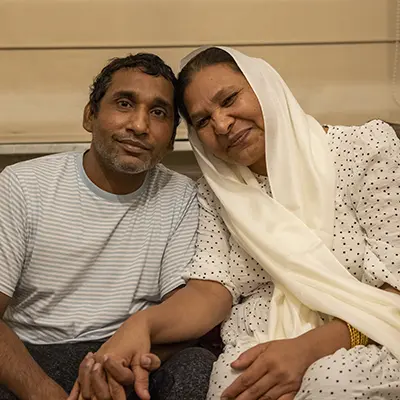Vor Finnlands höchstem Gericht wird heute die letzte Berufung im Fall Päivi Räsänen verhandelt. Die Staatsanwaltschaft fordert eine Verurteilung, aufgrund von Räsänen Äußerungen in einem X-Post mit Bibelzitat
Lies weiterScottish politician seeks to criminalise “influencing” a person’s decision about assisted suicide
Finnische Politikerin muss wegen Bibel-Tweet vor den Obersten Gerichtshof
Morgen wird der Oberste Gerichtshof Finnlands den richtungsweisenden Fall der finnischen Parlamentsabgeordneten Dr. Päivi Räsänen und von Bischof Juhana Pohjola verhandeln. Beide stehen wegen angeblicher „Hassrede“ vor Gericht, nachdem sie ihre christlichen Überzeugungen öffentlich geäußert hatten.
Lies weiterTOMORROW: Finnish Politician Faces Supreme Court for Bible Tweet
Tomorrow, the Supreme Court of Finland will hear the landmark case of Finnish parliamentarian Dr. Päivi Räsänen and Bishop Juhana Pohjola, who stand accused of “hate speech” for publicly expressing their Christian beliefs.
Lies weiterFinnische Parlamentsabgeordnete wegen Tweets vor Gericht – Pressekonferenz nach der Verhandlung am 30. Oktober
Räsänen wird am 30. Oktober um 16:00 Uhr MEZ (11:00 Uhr EDT) bei einer Online-Pressekonferenz von ADF International für Fragen zur Verfügung stehen.
Lies weiter“Sie haben uns unsere Kinder genommen“: Christliche Eltern verklagen Schweden vor dem Europäischen Gerichtshof für Menschenrechte
Zwei Töchter eines christlichen Ehepaars in Schweden wurden vom Staat von ihren Eltern getrennt, nachdem die ältere Tochter in der Schule eine falsche Aussage gemacht hatte – ausgelöst durch einen Streit mit ihren Eltern über die Nutzung eines Handys und Make-up. Obwohl sie die Anschuldigungen kurz darauf widerrief, sah sich die Familie Vorwürfen des ‘religiösen Extremismus’ ausgesetzt.
Lies weiterDie Türkei bezeichnet Christen als ‘Bedrohung für die nationale Sicherheit’, um Massenausweisungen zu rechtfertigen.
Juristin von ADF International spricht auf der OSZE-Konferenz zur menschlichen Dimension in Warschau
Europäischer Gerichtshof wird über wegweisenden Fall zur Glaubensfreiheit in der Türkei entscheiden
Nach Ablehnung durch Premierminister: ägyptische Christen reichen Petition ein, um Ostersonntag als gesetzlichen Feiertag anzuerkennen
Yahaya Sharif-Aminu’s Supreme Court Outcome Will Shape Religious Freedom in Africa
The young Sufi Muslim’s ‘blasphemous’ WhatsApp message sparks an international outcry
Lies weiterOffener Brief an die Europäische Kommission: Hundert Experten warnen vor Einschränkung der Meinungsfreiheit durch EU-Gesetze
Das Schreiben fordert die Kommission auf, im Rahmen der Überprüfung des Gesetzes über Digitale Dienste (engl. Digital Services Act oder kurz: DSA) Experten für Meinungsfreiheit zu konsultieren
Lies weiter






